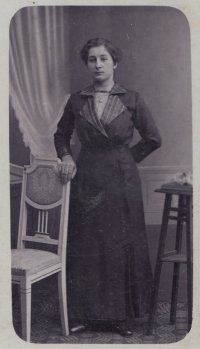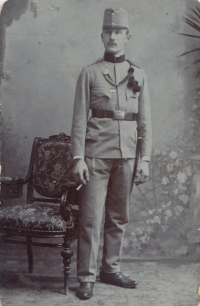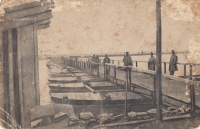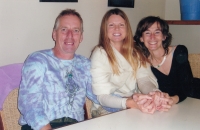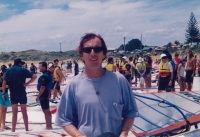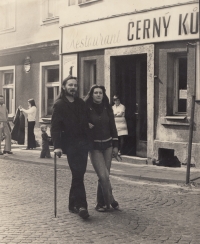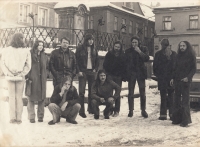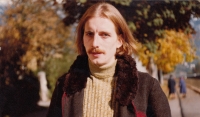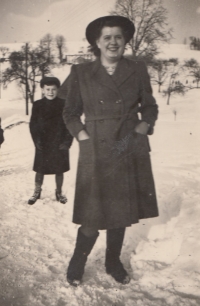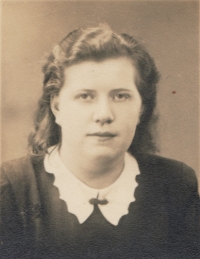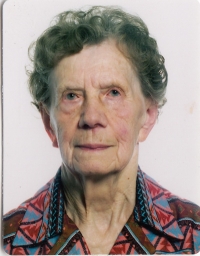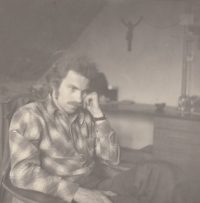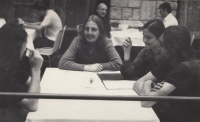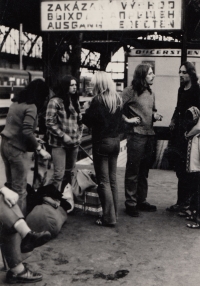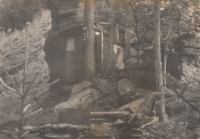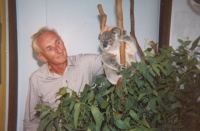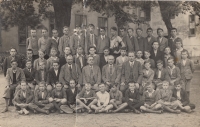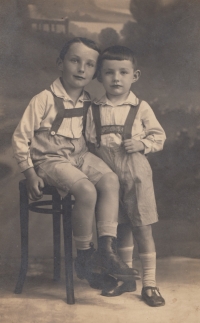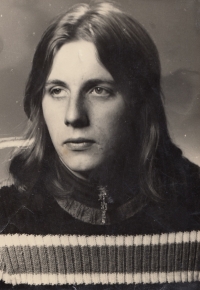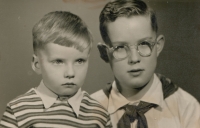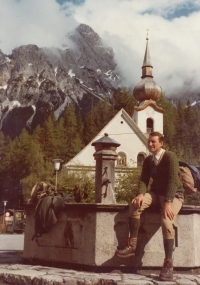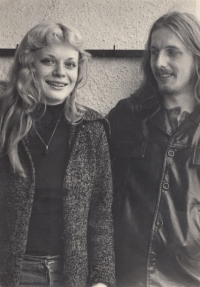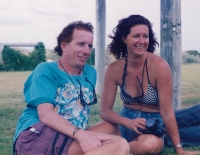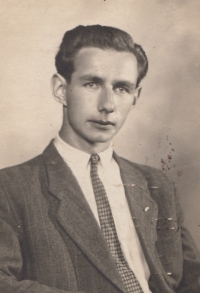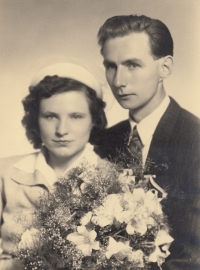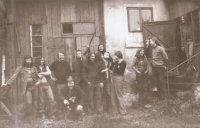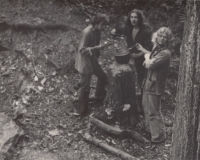After the Charter, it suddenly all made sense here
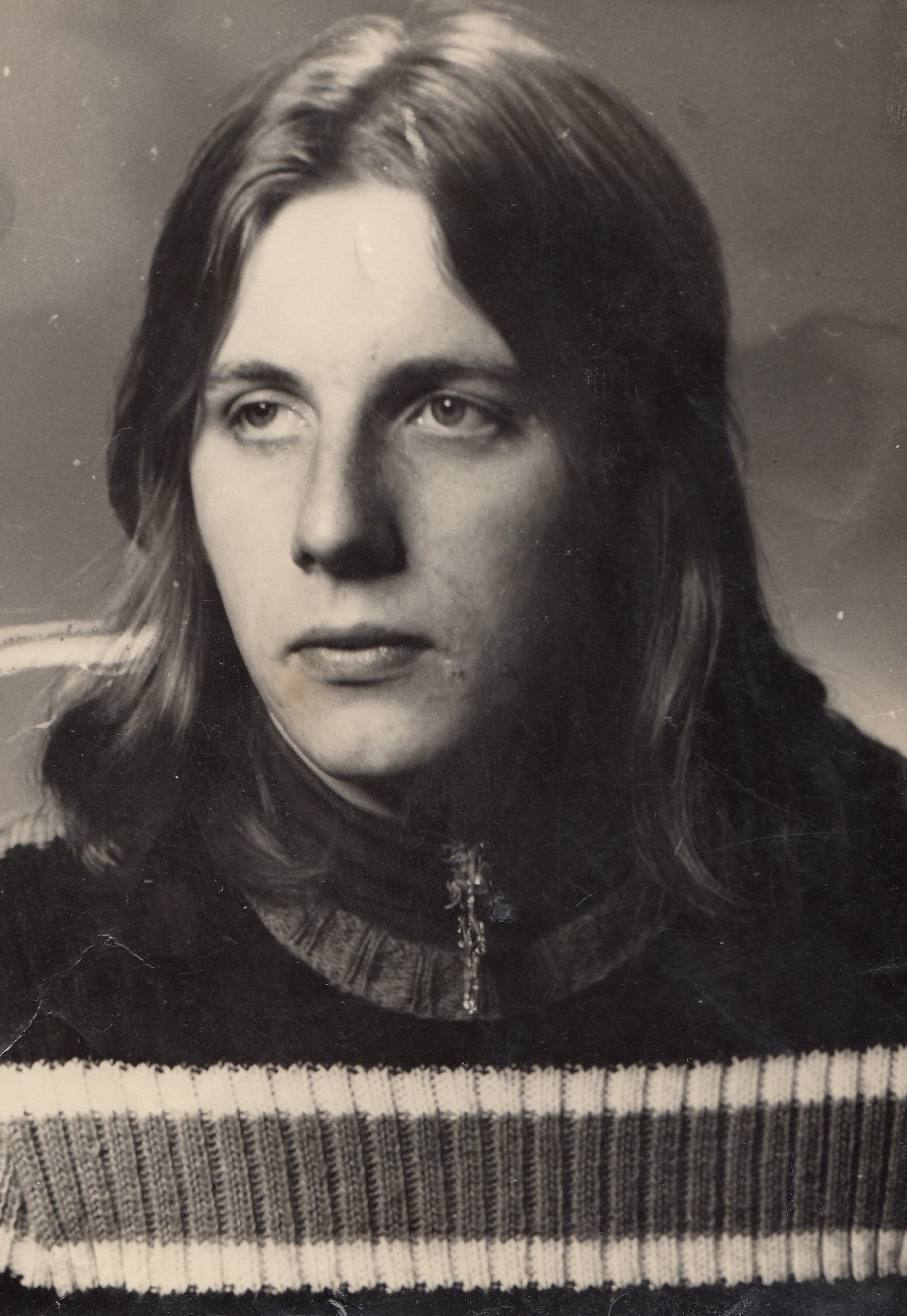
Download image
Milan Zapadlo was born on July 31, 1957 in Liberec. He trained at Severočeské energetické závody, then worked as a laborer and contractor. He was significantly shaped by the experience of the Soviet occupation in Liberec in August 1968, and he also sensitively perceived the death of Jan Palach. At the age of 17, he tried to commit suicide in the hopeless situation of the beginning of normalization. As an ardent music fan, he tried to organize discos in Liberec, mostly disguised as birthday parties. In 1977, he signed the Charter 77 declaration and became close to the environment of dissent and the underground. He participated in the distribution of samizdat between Prague and Liberec. However, he faced pressure from the state police because of this and was forced to emigrate in 1979 as part of the Asanace action. He travelled to Austria, then lived in Germany, where he joined the followers of the Osho sect. After the breakup of the sect, he went to Belgium, the Netherlands and finally to Australia. He obtained triple citizenship - Austrian, Australian and Czech. He returned to his homeland to take care of his aging parents. He became the holder of a certificate of resistance and resistance against communism. At the time of filming the interview (2019), he lived in Liberec and ran a private business.
